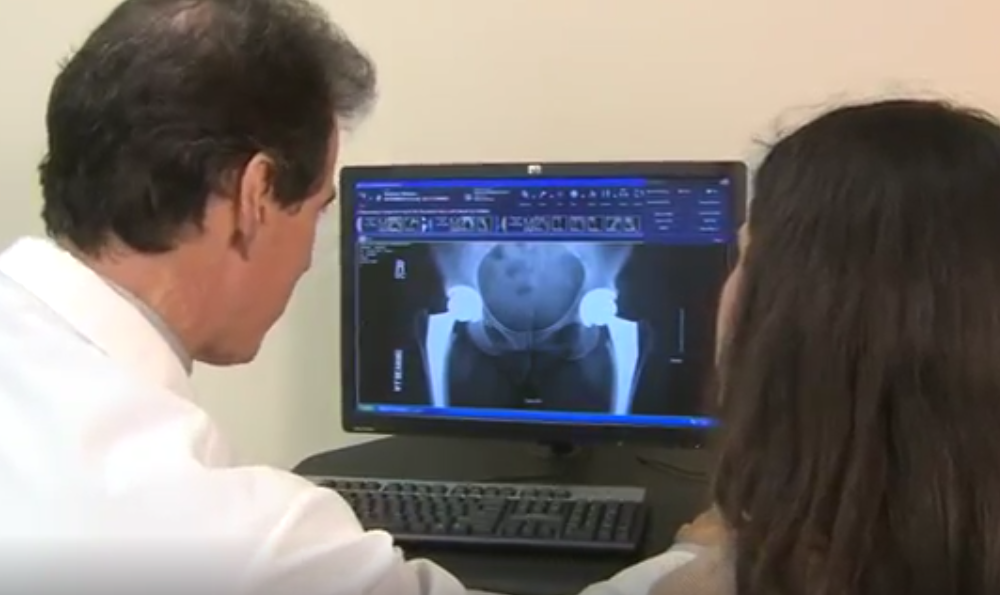
Frequent Reader Questions about Hip Dislocations and Problems
In my last Q&A blog post, I shared some of the most common reader questions about knee replacement surgery. Again, I will use a Q&A format to share some of the most-frequently asked questions and concerns relating to a hip dislocation or hip subluxation, a condition in which the hip joint is partially, but not fully, dislocated.

Dr. Leone Led Hip Section at the Second Annual Winter Orthopedic Symposium
Holy Cross Hospital’s Orthopedic Institute in conjunction with Massachusetts General Hospital recently hosted the Second Annual Winter Orthopedic Symposium in Fort Lauderdale, Florida. The two-day, nationally attended educational symposium included presentations on the latest advances in adult knee and hip arthroplasty, shoulder arthroplasty, joint preservation, advanced recovery and pain protocols.
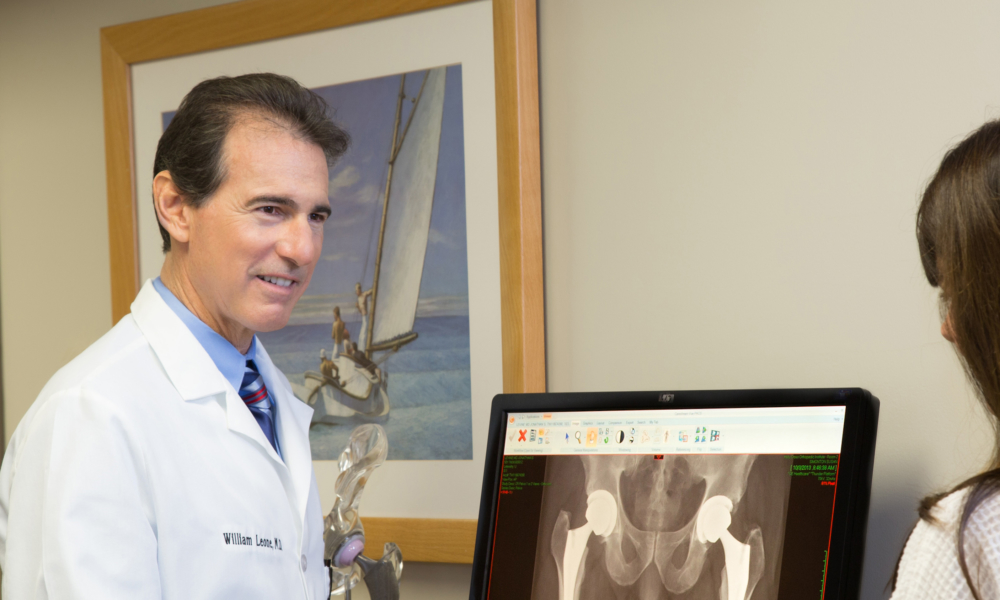
Multiple Hip, Knee and Back Pain Issues: Which To Treat First?
At The Leone Center for Orthopedic Care, I routinely see patients who present with pain and/or disability from arthritic disease in both hips or knees and sometimes a combination of hips and knees. Many of these same patients also have pain from back issues.
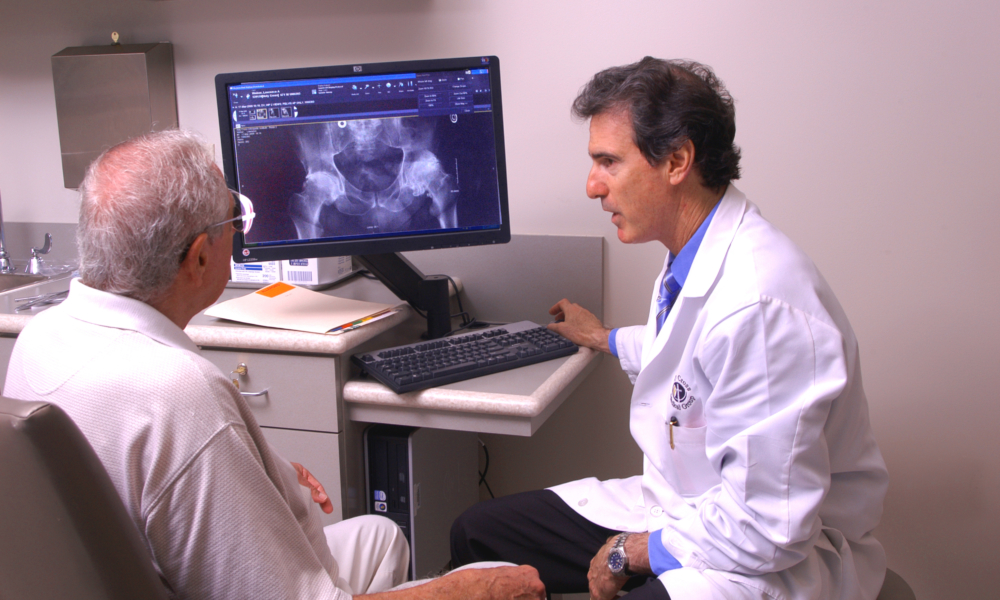
Frequent Reader Questions about Hip Replacement Surgery
/
6 Comments
Since beginning my joint replacement blog several years ago, I have received many comments and questions from readers on a variety of subjects and personal experiences. For this post, I will use a Q & A format to share some of the most-frequently asked questions and concerns about hip replacement surgery (THR).
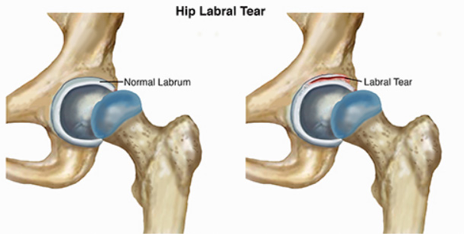
An Updated Look at the Effectiveness of Hip Arthroscopy: Who is a good candidate?
Arthroscopy is a surgical technique that has revolutionized how some complex problems that develop in certain joints are treated, including the hip, knee, shoulder, ankle, elbow and wrist.

Hip Arthroscopy: Who is a Good Candidate?
Arthroscopy is a surgical technique that has revolutionized how some complex problems that develop in certain joints are treated, including the hip, knee, shoulder, ankle, elbow and wrist.
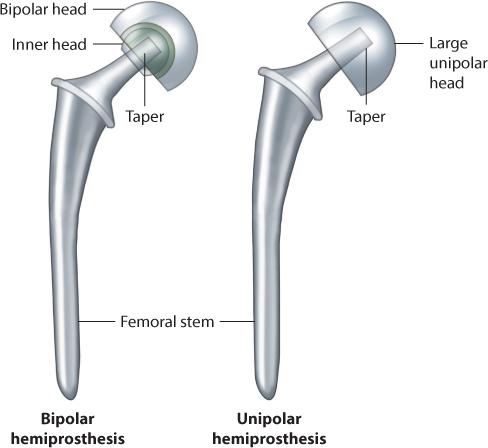
Why Partial Hip Replacements Fail and Determining when It’s Time to Covert to a Total Hip Replacement
In a previous blog, I discussed in detail the difference between partial and total hip replacements. Basically, a partial hip replacement (hemiarthroplasty) is performed to treat femoral neck fractures which are a type of hip fracture.
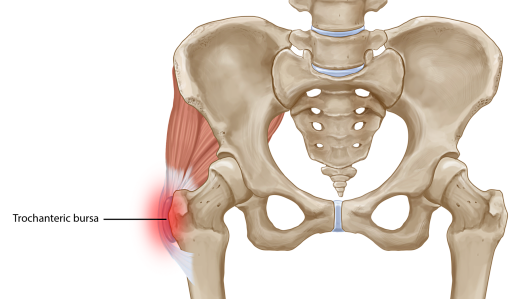
Greater Trochanteric Bursitis: A Common Cause of Hip Pain
One of the most common sources of hip pain is greater trochanteric bursitis caused by inflammation of the bursa, which is located at the outward curve of the femur (thighbone) where it meets the hip bone.
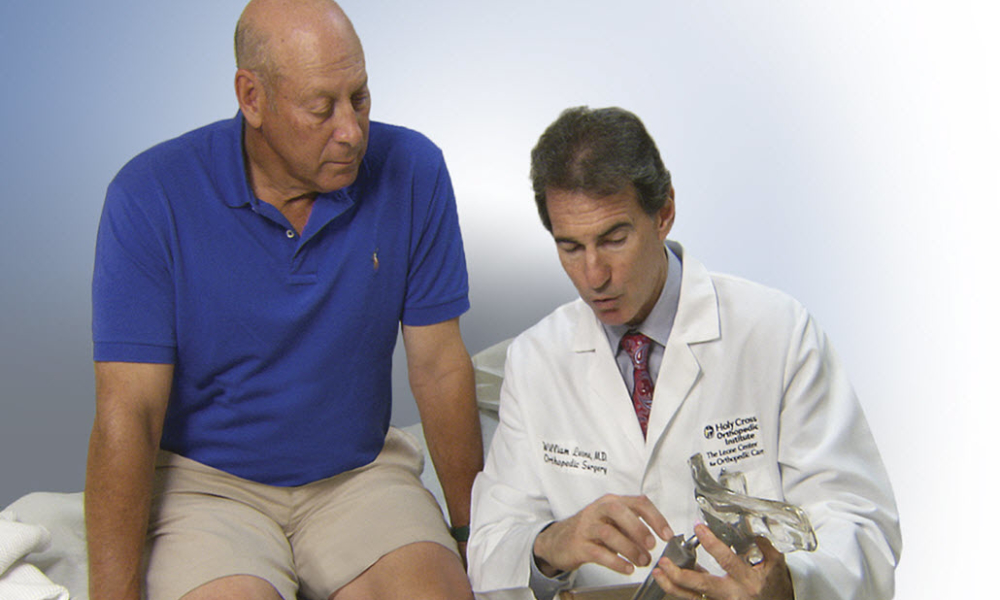
Hip and Knee Q&A: Common Questions about Joint Pain, Pain Management and Treatment
In the second of a three-part Q&A series about joints, here are some of the most common questions patients at The Leone Center for Orthopedic Care ask about hips and knees.

Joint Replacement Surgery for Osteoarthritis Q&A
As comments and very detailed questions from readers continue to be posted on my blog, it occurred to me that it was time to do a series of Q&A posts that talk about joints and why they deteriorate, as well as what treatments and surgeries are available today to get people back on their feet and enjoying a pain-free lifestyle.

Total Hip Replacement Surgery Can Restore an Active Sports Lifestyle
In several past blog posts, I have discussed how total hip replacement surgery (THR) has been a game changer, not only for some elderly patients who have lost mobility but for younger and older men and women who seek treatment to regain active and/or maintain a vigorous lifestyle.
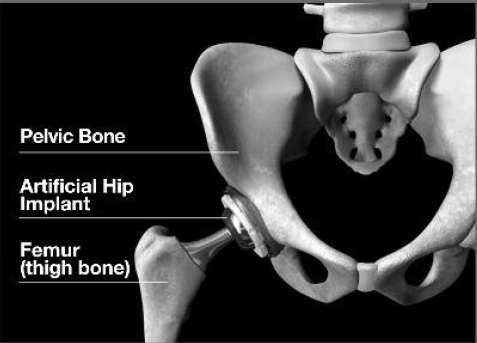
Poor Results after Hip Fracture Surgery Could Mean Infection
For this final post in the series I will discuss infection, which always must be considered after any type of surgery, especially when the surgical result was not as anticipated or acceptable.



